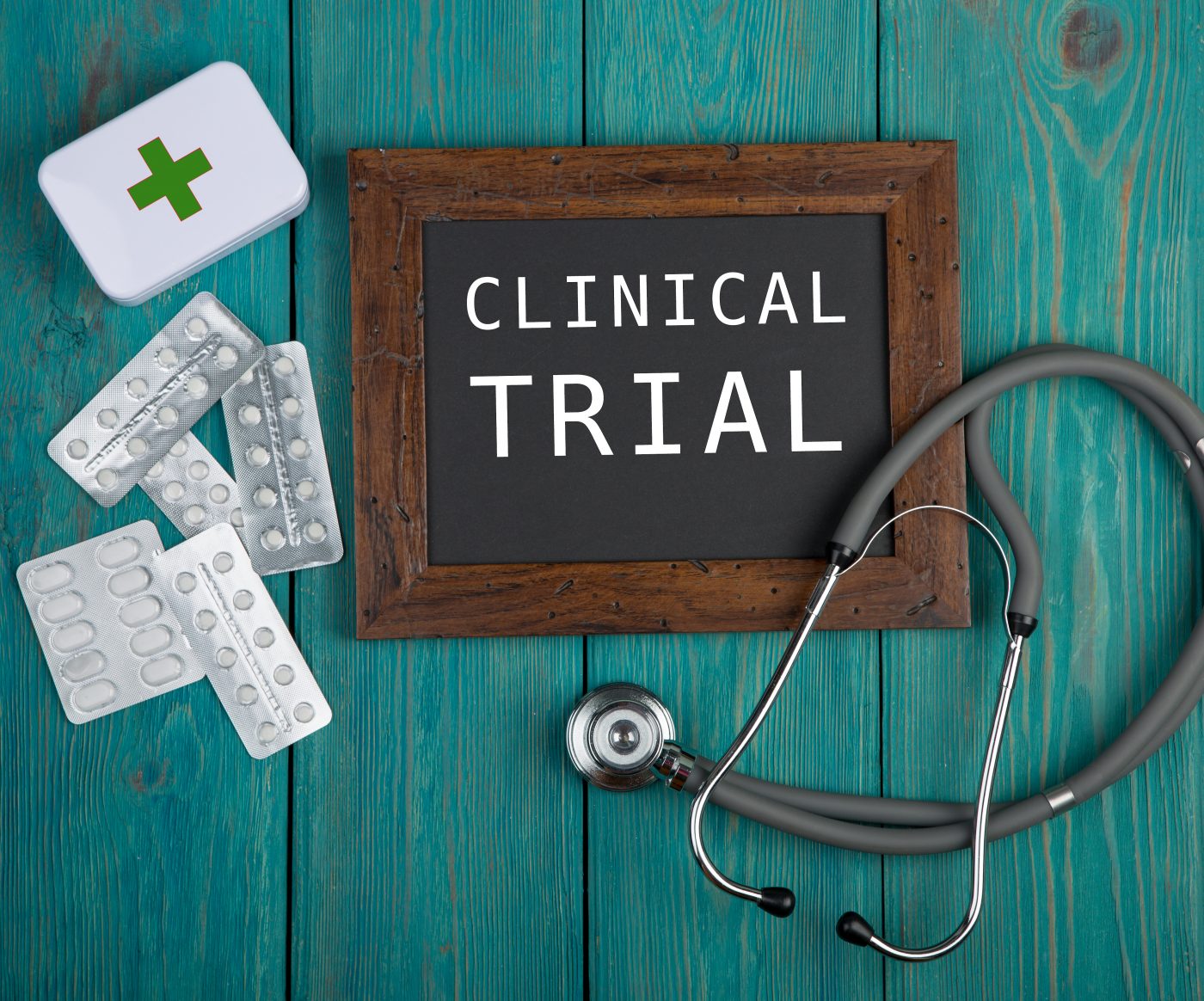Sarepta Talks Progress, Plans for New Trials of DMD Gene Therapy SRP-9001
Written by |

Note: This story was updated Dec. 4, 2020, to note that Teji Singh’s title is executive medical director of Sarepta, rather than the chief medical officer.
Sarepta Therapeutics is about to launch a Phase 1 trial of SRP-9001, its investigational gene therapy for Duchenne muscular dystrophy (DMD), and is planning other clinical studies for the near future.
Douglas S. Ingram, Sarepta’s CEO and president, and Teji Singh, its executive medical director, recently discussed the company’s progress and plans for further developing SRP-9001 in a webinar hosted by Parent Project Muscular Dystrophy.
Duchenne is caused by a mutation in the DMD gene that results in little to no production of dystrophin, a key protein for muscle health.
SRP-9001 uses a harmless adeno-associated virus (AAV) called AAVrh74 to deliver a trimmed-down copy of the DMD gene to patients’ muscle cells, enabling them to produce a smaller but still functional dystrophin protein, called micro-dystrophin.
Micro-dystrophin has shown promising results in a Phase 1/2 trial called Study-101 (NCT03375164), involving four boys, ages 4 to 7. More than two years of follow-up have shown sustained safety and tolerability, no immune system activation, and an average seven-point increase in the boys’ North Star Ambulatory Assessment (NSAA) score from the study’s start. Of note, the NSAA is a 17-item rating scale assessing motor abilities in DMD children who can walk independently.
“Our original proof of concept study of these first four children really not only excited us about the potential for SRP-9001, but also placed upon us an enormous sense of obligation to move as fast as is possible to confirm those results in a well-controlled, clinical trial,” Ingram said. Results from Study-101 are expected next year.
The next planned study will be Trial 103, also called ENDEAVOR (NCT04626674), Ingram said. That Phase 1 study will evaluate the expression and safety of SRP-9001 in up to 10 boys, ages 4 to 7, who are able to walk. Although enrollment is not yet open, Sarepta aims to begin this trial in the coming weeks, before the end of the year.
In turn, Trial 301, named EMBARK, will seek to enroll 75 boys between the ages of 4 and 7, and is expected to begin after the company gets initial data from Trial 103.
EMBARK participants may have any DMD mutation excluding those in exons 3 to 7 and 45. To be conducted at sites in the U.S., Europe, and Asia, that trial primarily will measure the effect of SRP-9001 on patients’ NSAA scores. Notably, exons are the tiny bits of DNA that contain information to generate proteins.
Ingram said that the narrow age range used throughout the trials helps investigators measure any potential treatment effects.
“To get this therapy to all children, we need to make sure that we can prove to the satisfaction of ourselves and … to ministries of health and regulators around the world, that the therapy actually is benefiting children and is transformative like we hope,” he said. “We have to narrow the age range that we look at to make sure that we can see a difference in a relatively short period of time.”
How the therapy works, Ingram went on to explain, should be the same across all ages.
Finally, the global Trial 303, or ENVISION, will evaluate SRP-9001 in at least 80 non-ambulatory patients of any age and with any mutation. Details for this trial have yet to be finalized. As with all pharmaceutical companies developing new therapies, Sarepta has experienced some delays in launching its clinical trials due to the COVID-19 pandemic.
Right now, a study called Trial 102 (NCT03769116) is evaluating the safety and effectiveness of a single dose of SRP-9001 in 41 young boys with DMD, also ages 4 to 7. All participants in that trial have been dosed and Sarepta expects to have data available in the first quarter of 2021.
Further afield, Sarepta plans to design a trial similar to 103, but for non-ambulatory patients.
“We understand that time is not on the hands of the patients and their families who are currently living with Duchenne muscular dystrophy,” Ingram said. “And frustrating though it may be at times but with respect to pace, we wake up every day with the idea that we’ve got to find a way to keep on pace, as fast as the ferocity of the disease that we’re trying to fight.”
With the prospect of a vaccine for COVID-19 closing on the horizon, Ingram and Singh addressed the concern of a vaccine interfering with an experimental treatment, or making a person ineligible for a trial.
“For currently approved vaccines [that are] non-COVID-related, our trial does allow for vaccinations and we have some restrictions on when they can be given. Not because of the safety concern of the vaccine but because that steroid regimen that we’re boosting up for the coverage during the infusion may actually make the vaccine less effective,” Singh said.
At least two of the COVID-19 vaccine candidates — those from Moderna and Pfizer — are based on messenger RNA (mRNA). Singh said they should raise no concern over competing effects with the potential gene therapy.
With the vaccines that, similar to SRP-9001, are adenovirus-based, it will depend on specific technical details of those vaccines, which are not yet public knowledge, Singh said.





